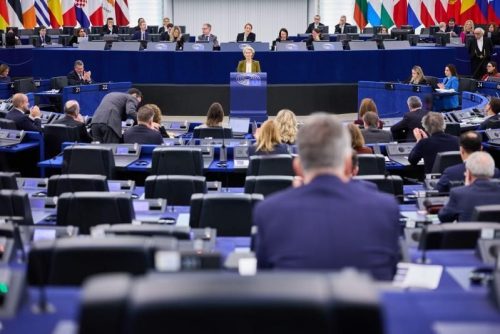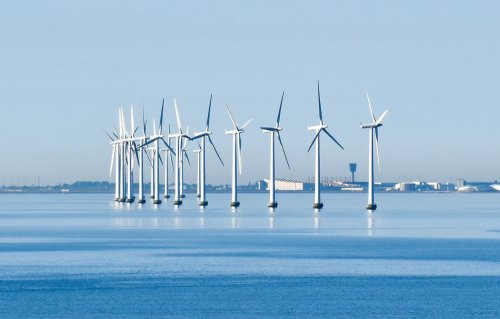Representatives of US President Donald Trump's administration are trying to prevent the International Energy Agency (IEA) from providing data that the US government believes is in favor of renewable energy rather than fossil fuels.
This was reported by POLITICO.
According to the publication's insider information, at recent IEA meetings, U.S. officials have been pushing the body, which publishes influential energy market forecasts, to stop its work, as it contributes to the global transition to clean energy and zero carbon emissions. And Tommy Joyce, the acting undersecretary for international affairs at the U.S. Department of Energy, insisted during private meetings that the organization “get back to basics.”
Such attempts angered European officials. They resist US pressure and defend the agency's efforts in clean energy research.
“At the IEA board meetings ... the United States was really unconstructive,” said a European official who was not directly involved in the talks but was briefed on their content.
The United States insisted on abandoning any projects “that are not related to fossil fuels.”
Why it matters
The IEA's work is crucial for both clean energy advocates and U.S. fossil fuel supporters, as the agency's reports are considered the gold standard for global energy data on which major investments and public policies are based.
POLITICO notes that during the meetings, European countries supported the IEA's clean energy research. At the Future of Energy Security summit in London, European officials and other advocates of a tough response to climate change saw an opportunity to rally around the IEA and present an alternative vision of secure energy supply. It is based on large amounts of cheap renewable energy. They argue that this is the cheapest and best approach to global energy, and this is supported by data from the agency and many other organizations.
The publication says that the Trump administration's efforts to target the agency are the latest salvo in a broader campaign to reform the inner workings of government both domestically and, increasingly, internationally. Journalists recalled that this week, U.S. Treasury Secretary Scott Bessent put similar pressure on the World Bank and the International Monetary Fund to stop supporting climate programs.
Weaken or disable
A European official described the US position as follows:
“Let's weaken or disable the IEA if they don't work according to our values – it's the same approach they take with any other international organization.”
The French official told reporters on Wednesday that “the Trump administration has made clear its desire for the IEA to distance itself from this [green] agenda.”
President Donald Trump has ordered a review of US participation in all international organizations. This review is due in August. This has put organizations such as the IEA at risk of Washington's withdrawal from the agency. According to the IEA, over the past 10 years, US funding has averaged 14% of its annual budget.
Recently, EcoPolitic reported that at the energy summit in the UK, European politicians ignored the call of the US President Donald Trump's administration to reject “false” climate policies that benefit China and to follow the American commitment to fossil fuels.





